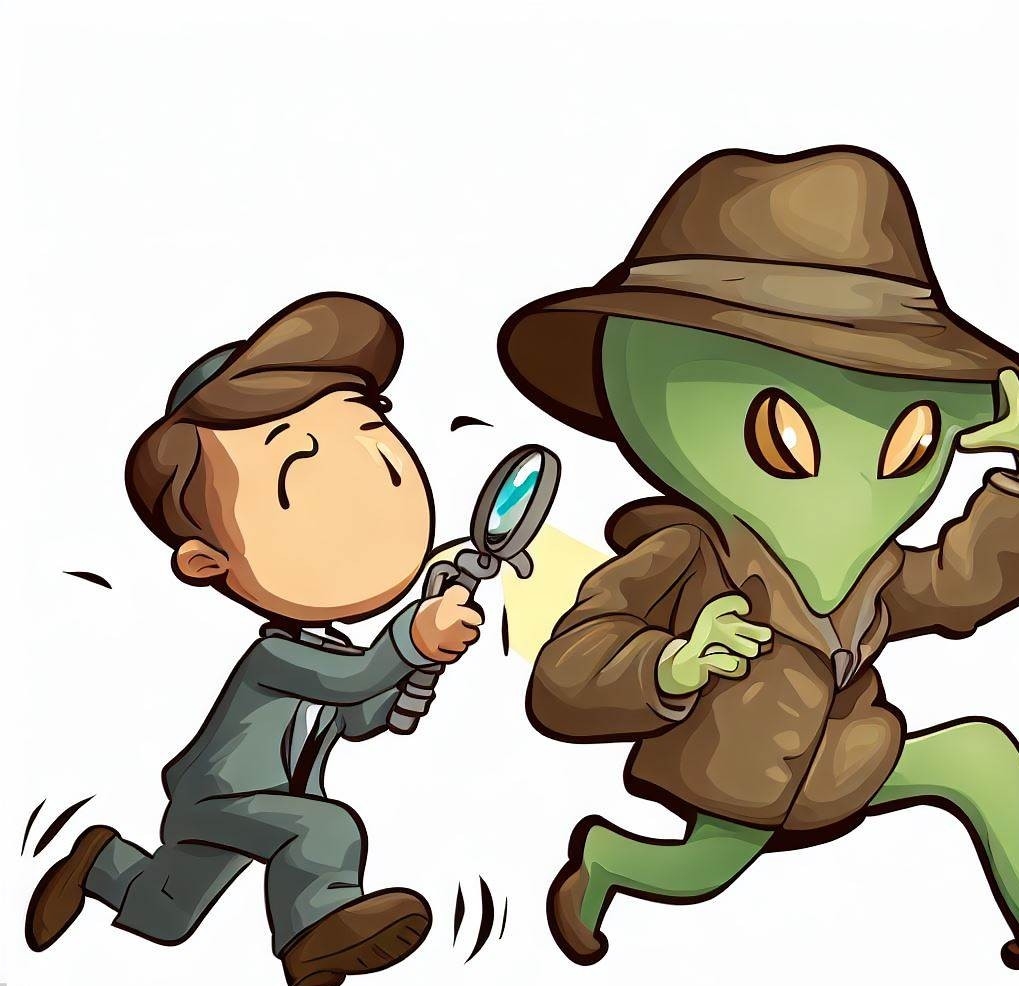Becoming a UFO Researcher: Exploring the Unknown
Unidentified Flying Objects (UFOs) have fascinated humanity for decades, sparking curiosity and speculation about the possibility of extraterrestrial life. Becoming a UFO researcher is an exciting journey that requires a blend of scientific rigor, critical thinking, and open-mindedness. In this blog, we'll delve into the steps you can take to embark on a path as a UFO researcher, contributing to the exploration of the mysterious and unexplained.
Step 1: Cultivate a Strong Foundation in Science and Research
A solid understanding of scientific principles is crucial for any UFO researcher. Pursue a formal education in fields like astronomy, physics, or a related scientific discipline. A strong grounding in research methods, data analysis, and critical thinking will provide you with the tools to evaluate and interpret UFO-related information objectively.
Step 2: Stay Informed and Educated
Keep yourself updated with the latest developments in ufology, astronomy, and space science. Attend conferences, workshops, and seminars related to UFO research. Engage with reputable UFO research organizations and online forums to connect with fellow enthusiasts and professionals in the field.
Step 3: Develop Analytical and Investigative Skills
As a UFO researcher, you'll need to analyze eyewitness accounts, photographs, videos, and other pieces of evidence. Hone your skills in distinguishing between natural phenomena, man-made objects, and potentially anomalous sightings. Learn about optical illusions, atmospheric effects, and common misconceptions that can influence perceptions of UFOs.
Step 4: Document and Catalog Sightings
Create a systematic approach to documenting and cataloging UFO sightings. This could involve collecting eyewitness testimonies, geographic locations, weather conditions, and any other relevant data. Developing a standardized reporting system will help you categorize and analyze sightings more effectively.
Step 5: Collaborate with Experts
Collaboration is key in UFO research. Connect with scientists, astronomers, meteorologists, and other experts who can provide insights from their respective fields. Interdisciplinary cooperation can lead to more comprehensive analyses and a deeper understanding of UFO phenomena.
Step 6: Apply Critical Thinking
Approach each case with a healthy dose of skepticism. Apply Occam's razor and explore conventional explanations before jumping to conclusions about extraterrestrial origins. Remember that extraordinary claims require extraordinary evidence.
Step 7: Promote Ethical Conduct
UFO research involves respecting the privacy and wishes of witnesses. Always seek permission before sharing personal accounts, photographs, or videos. Maintain ethical standards and prioritize the well-being of individuals who come forward with their experiences.
Step 8: Contribute to the Body of Knowledge
Publish your findings in reputable journals, magazines, or online platforms dedicated to UFO research. Sharing your insights contributes to the collective understanding of UFO phenomena and helps educate the public about the scientific approach to investigating unexplained sightings.
Becoming a UFO researcher is a rewarding endeavor that blends scientific inquiry with the thrill of exploring the unknown. By cultivating a strong foundation in science, staying informed, honing investigative skills, and collaborating with experts, you can make meaningful contributions to the field of ufology. Remember, the journey to uncover the truth about UFOs is a continuous and evolving process that requires dedication, open-mindedness, and a passion for unraveling the mysteries of the cosmos.




Comments
Post a Comment